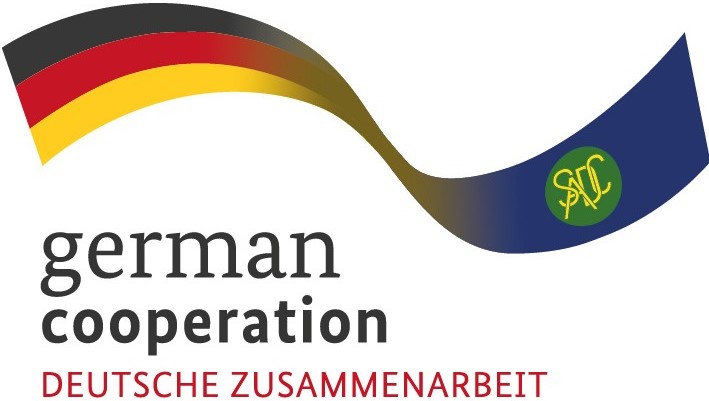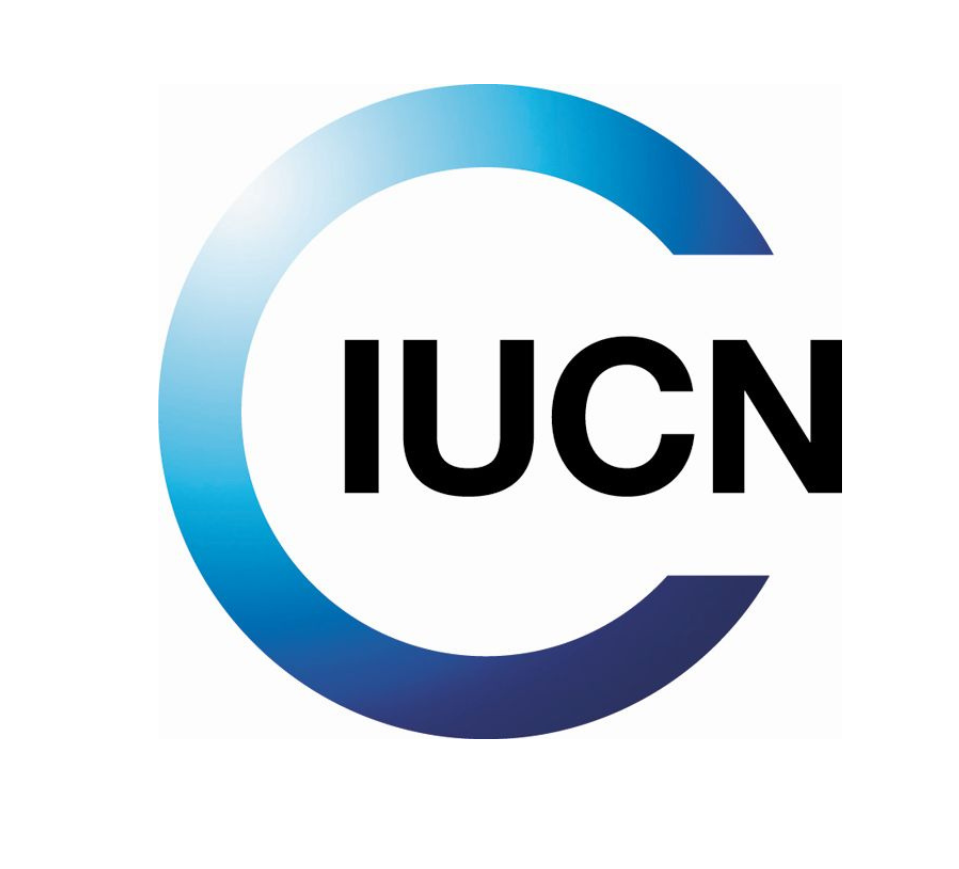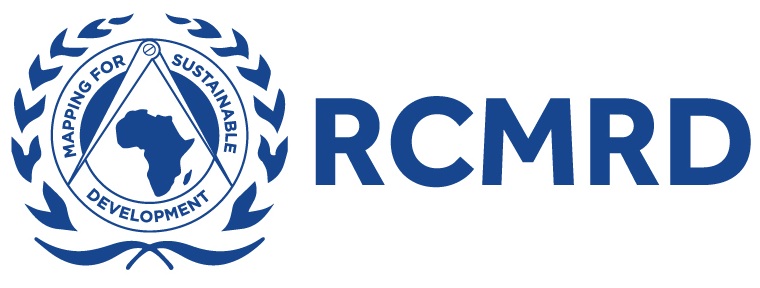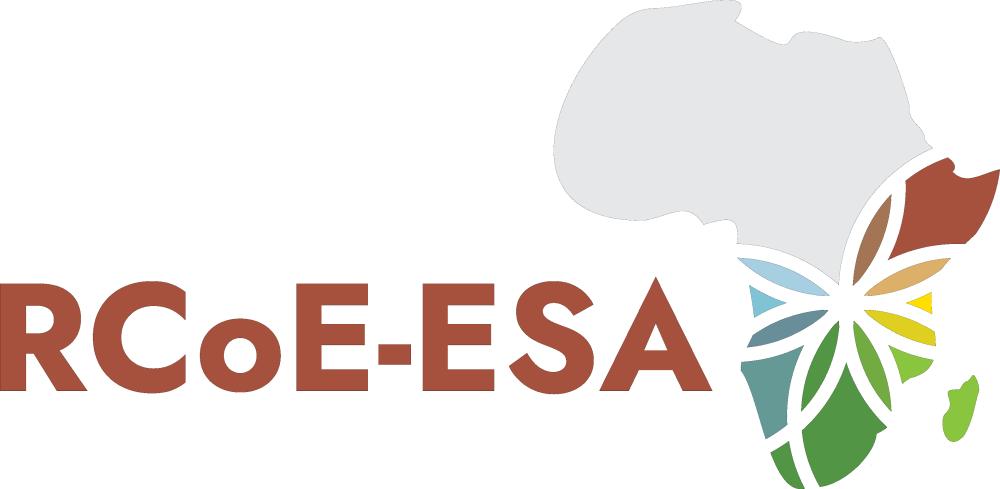 Translate
Translate
Resources
State of KAZA Symposium 2016
| Author: | KAZA TFCA |
| Language: | |
| Topic: | Meeting Report |
| Type: | Meeting Report |
| Last updated: | 15 May 2025 |
The State of KAZA Symposium 2016, which was held under the theme “Where have we come from, where are we now, and where are we going?” These proceedings simply provide an overview of the presentations and ensuing discussions that took place at the Symposium.
It is worth noting that KAZA TFCA is a SADC approved conservation and development initiative of the KAZA Partner Countries, comprising the Republics of Angola, Botswana, Namibia, Zambia, and Zimbabwe. The State of KAZA Symposium 2016 was held as a celebration of KAZA’s 10 years of existence since signing the Memorandum of Understanding in December 2006 and provided a platform to showcase its achievements against set objectives as well as highlight key challenges and discuss priorities going forward. These proceedings are a record of an iconic event that was attended by close to 300 participants from various sectors from across the region and beyond, reflecting the principles of multi stakeholder participation and regional cooperation. The proceedings are a stepping-stone towards the production of the State of KAZA Report, which shall form the basis for monitoring and assessing the impacts of our individual and joint actions and interventions as we manage our shared natural and cultural resources for future generations.
During the Symposium it became clear that there is need to substantively increase our efforts toward community livelihood development. Much of the KAZA landscape comprises communal areas where the majority of the communities are arable and pastoral subsistence farmers, subject to considerable hardship due to Human Wildlife Conflict. Even though tourism and other conservation compatible land uses are being practiced and are accruing benefits to some of these communities, these efforts need to be bolstered and communities need to be engaged more meaningfully in the design of their development pathways rather than being mere subjects of decisions made in isolation of ground realities, needs and desires. If the KAZA TFCA is to achieve its conservation and development objectives, its strategy for engaging with host communities and their traditional authorities requires fundamental re-thinking.
These proceedings were compiled by summarising the presentations made and panel discussions held at the Symposium. Most of oral presentations have been signed off by their authors to be shared with participants and are available on the KAZA TFCA website http://www.kavangozambezi.org or through the KAZA Secretariat.










